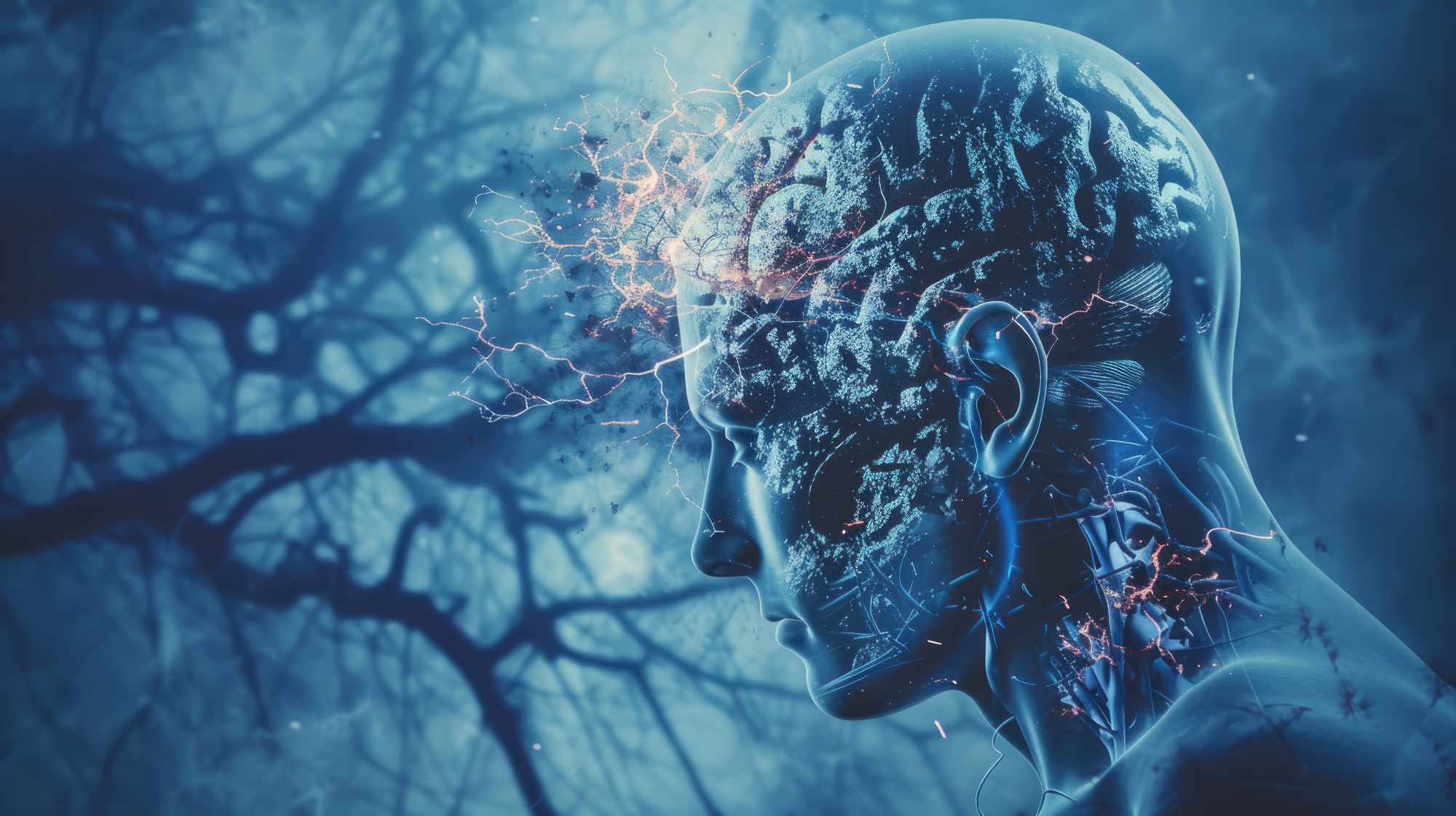
07 Mar Psychologist and family psychotherapist Irina Šišova gives advice on how to cope with a depressive state
Musician Daniil, who performs under the pseudonym Danny Eel, shares his experiences of overcoming depression, and psychologist and family psychotherapist Irina Shishova gives advice on how to cope with a depressive state.
“Depression is a serious mental illness,” the doctor assessed. “Depression can accompany other diseases, both psychological and somatic in nature. Depression is not hereditary, but it has a genetic predisposition. Ecology as a whole plays a role, that is, the people around us, our field of activity. There is a concept – the last straw factor: when genetic predisposition and environment merge at the worst moment, we get sick.”
Women and men get sick differently
Daniil grew up as a rather anxious child, there was such a situation in the family. As an adult, he continued to feel anxiety. “I only felt heaviness, I could not feel either positive or negative emotions. I could only worry, otherwise… there was nothing,” says Daniil. He was diagnosed with an anxiety disorder.
According to the psychotherapist, men and women react differently to depression. There is a myth that women get sick more often, but according to statistics, men and women suffer from depression equally.
“Women simply turn to a specialist more often, men postpone going to the doctor,” continues Shishova. “Women themselves do not like their condition, but as a rule, women also take care of their home, children and personal appearance after work. Therefore, in women, depression can be determined by their appearance and the situation at home, while in men it is irritability and anger. Men tend to fight their condition with alcohol and other harmful substances.”
In one aspect, Daniil disagrees with the doctor: “I did not have anger or aggression, and people around me had no idea that I had problems until I started talking about them openly. To be honest, it was sad to admit that something was wrong with me. By the way, in my family there is a person with hypochondria and chronic depression, so I was not surprised.»
Be honest with yourself
Daniil did not immediately turn to specialists for help, but, as he himself said, fell victim to the cliché: he himself, only he, can take the reins and cope with it. Because of this, he lost several years and the disease progressed. This helped, as he says, to get rid of stubbornness. «Finally, I started taking medication and psychotherapy sessions. This brought a breakthrough, a safety zone appeared and I started working on myself.»
The psychologist believes that one must learn to live with depression: «This means that one has to cope with depression in everyday life, but everyone does it in their own way… This also applies to childhood experiences, because we cannot change it, not everyone is ready to constantly return to memories.»
Someone is waiting for participation or wants to talk. Someone is enjoying their condition, bathing in their depression, such people usually refuse outside help. “I do not agree with the respected doctor,” says Daniil. “If a person says that he has depression, he lives with it, then he can cling to his condition and in this case it is more difficult to help him. I understood that in no case should you try to meet other people’s expectations. You need to learn to understand your real desires, not those imposed by society or loved ones, be able to listen to yourself and be honest with yourself.”
“In order not to fall into depression, you need to follow a healthy lifestyle, be attentive to yourself and manage stress in a timely manner. But this is individual. Add physical activity to mental work. Remote work on the Internet can cause sleep disorders and this should be taken into account. Eat well and properly, and like in the good old days, make a daily schedule for yourself and follow it!” advises Dr. Shishova.
The article comes from Postimees.

